Natural Home Remedies for Food Poisoning
Food poisoning is a health condition that you normally get from eating food that has been contaminated by some or other means – sometimes this means you’ve eaten food that’s past the expiry date and sometimes it’s because people who made food might not have washed their hands, or because the food wasn’t prepared in a sterile environment that’s fit for food preparation. The first thing you want when you are suffering from food poisoning is a relief. Some natural home remedies for food poisoning are provided here.
When you are suffering from food poisoning, your body is likely to lose more water than normal. Hence, consuming a good intake of fluids and avoiding solid food becomes the initial plan of action. Rather than rushing to your doctor immediately, you can start your food poisoning treatment at home with some readily ingredients that could be found in your own kitchen.
1. Ginger
Ginger has been used for the treatment of countless illnesses for thousands of years due to its strong therapeutic and preventive effects. Ginger facilitates the absorption and assimilation of essential nutrients and digestive aids. Therefore it works as a quick remedy for nausea and vomiting, giving you immediate relief.
Make some ginger tea to use this remedy by boiling a teaspoon of rubbed ginger with a cup of water for a few minutes, add some sugar or honey to it for sweetness. Another option is to add a few drops of ginger juice with honey and swallow it several times a day to reduce inflammation and pain.
2. Basil
As much as the holy basil is known for its religious significance, it is as popular as the pure herb with numerous benefits for health and beauty. Basil has excellent antimicrobial properties that can soothe the pain caused by food poisoning.
Extract basil juice by crushing a few leaves and add a teaspoon of honey to it. Consume it straight away. Alternatively, some basil leaves can be chewed together with cardamom. The basil and cardamom combination helps to reduce the effects of food poisoning. You should ingest the basil medications three to four times a day or both.
3. Stay Hydrated
Liquid consumption is important to help the body ward off the symptoms of food poisoning. Vomiting and diarrhoea can cause dehydration so it is a good starting point to suck on ice chips or take tiny sips of water.
The best way to avoid dehydration during this period is sports drinks that contain electrolytes. Other suggested liquids include sprite, 7UP or ginger ale, decaffeinated tea, chicken or vegetable broth.
4. Eat bland food (honey / bananas)
Try foods that are soft on your stomach and have a gastrointestinal tract, if you suffer from food poisoning. Consume foods such as bananas, honey, peanut butter, cereals, rice, oatmeal, etc.
Honey has anti fungal and antibacterial properties and is our stomach’s very good mate. It can be eaten in its purest form or mixed in hot water. Having two-three teaspoons of honey during food poisoning would be of great benefit. It also restrains excessive acid production in the stomach.
5. Turmeric
Turmeric is best known as the spice which gives a nice, healthy curry the characteristic yellow – although many people also use turmeric to add the yellow tinge to their rice instead of using the much more expensive ingredient saffron. If you’ve never used turmeric before, you will find it in your nearest grocery store’s spice aisle – and the best way to prepare turmeric without using it in food is to steep it over the stove in some warm milk (or microwave, if you have).
Milk helps release spice oils, and the turmeric itself also helps to relax the stomach and reduce symptoms including nausea. Turmeric also has a general immune-enhancing effect, so it can help you recover faster from food poisoning.
There is nothing like turmeric as a warning note: Keep it far from any countertops, cloths, or plastic. At the very least those you want to hold.
6. Garlic Cloves
The intense and pungent garlic-like flavour is something that most of us want to incorporate in our different culinary preparations, but we might be wary about thinking of gulping it raw. Yet there are tons of antibacterial, antiviral, and antimicrobial properties in the garlic. These garlic characteristics make it the perfect home-treatment for battling food poisoning. Take a few cloves of garlic, and chew them. Then drink warm water.
7. Lemon water
Lemon helps to rid the stomach of the bacteria playing havoc, due to its acidic properties. Add a pinch of sugar to a teaspoon of lemon juice and drink this solution two or three times a day to cleanse the digestive system. You could also squeeze a whole lemon juice into a glass of warm water and drink it during the day.
8. Natural oils
This isn’t as popular as all other home remedies but it’s extremely effective, and it is needless to say. Thyme or oregano oil may be used. Add 1 drop of oil to a glass of water and drink 1-2 times a day for consumption. These oils have excellent antimicrobial properties which help to treat poisoning in food.
9. Cook at the right temperature
Cook at the proper temperature. Although many people believe they can tell when food is “done” simply by testing its colour and texture, without taking a few crucial but basic steps, there’s no way to be sure it’s healthy. Using a food thermometer to ensure that the food is cooked at secure internal temperatures: 145 F for whole meat (that allows meat to rest 3 minutes before consuming or eating), 160 F for ground meat, and 165 F for all poultry.
10. Apple cider vinegar
ACV Apple cider vinegar as it is commonly called is apple vinegar. It has many health benefits, the most significant of which is to cure food poisoning. Because of its alkaline effect, it is one of the best treatments for curing food poisoning. In a cup of hot water, mix 2-3 Teaspoons of ACV. Consume the prepared beverage before you eat your meal. For better results, consume 2-3 teaspoons of undiluted ACV if the problem persists.


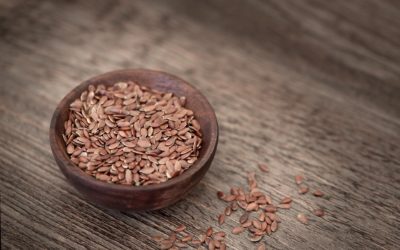
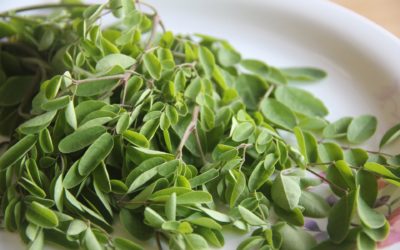


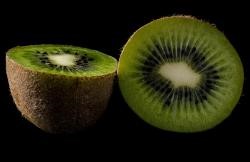
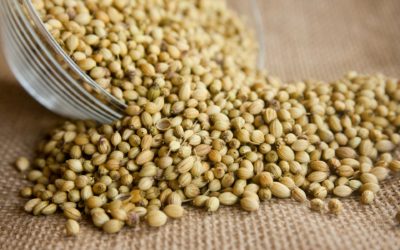
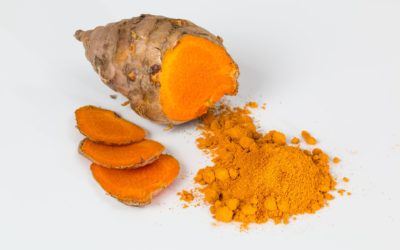

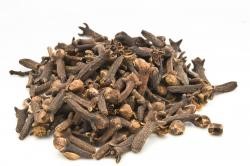
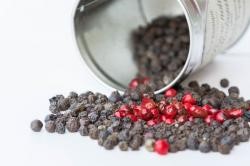
Leave a Reply